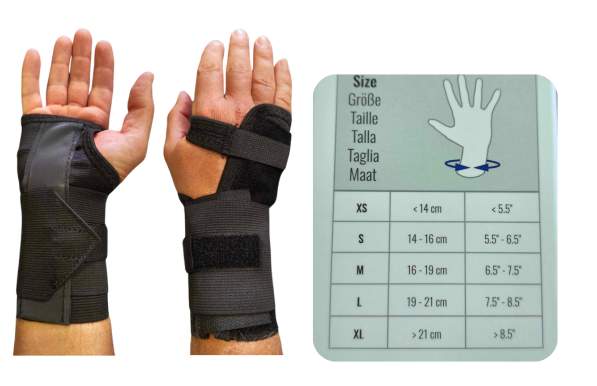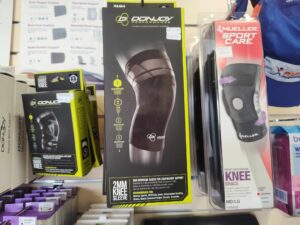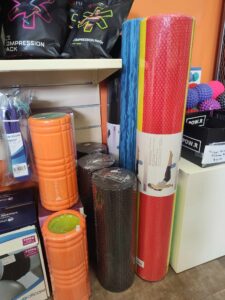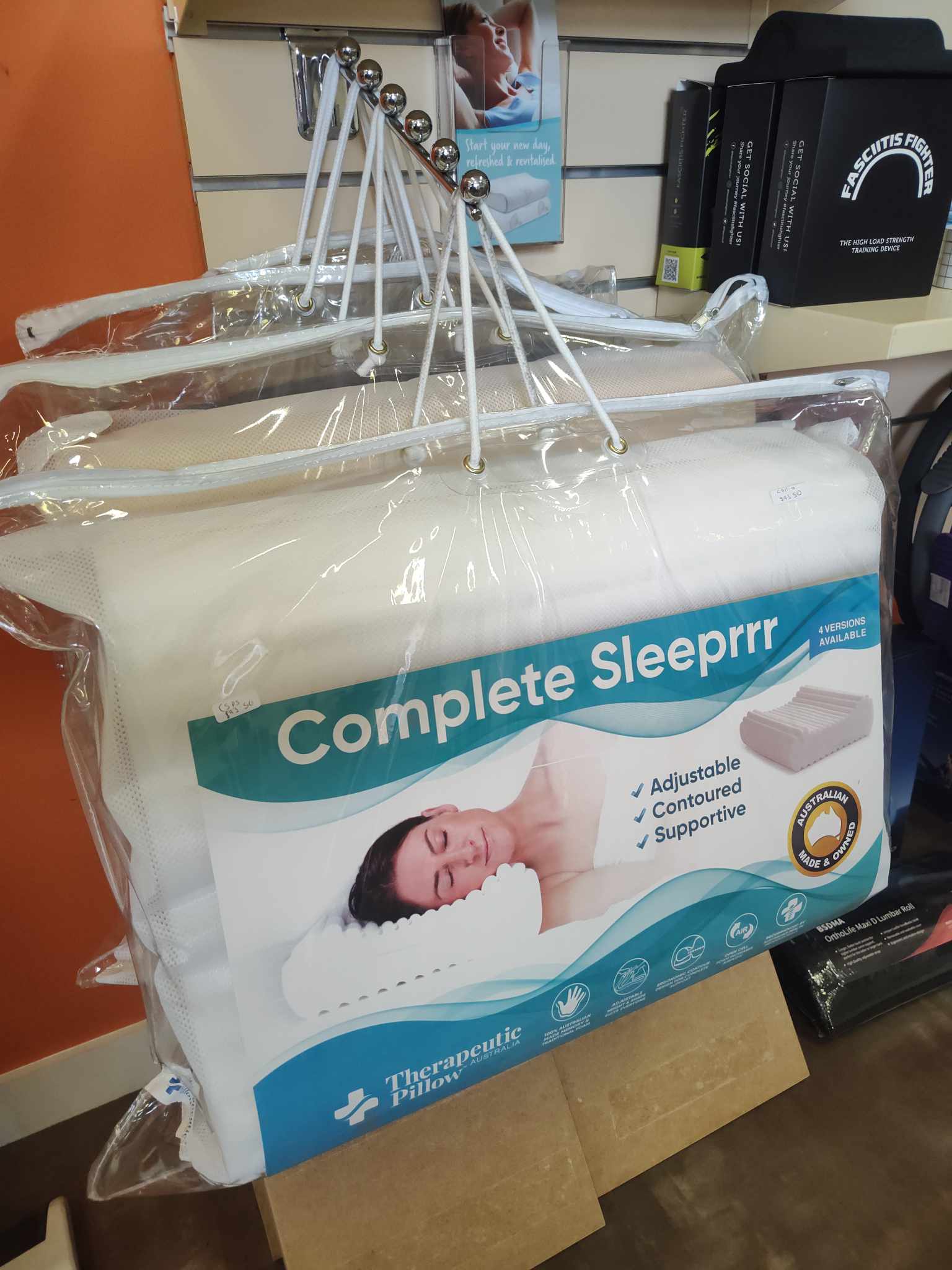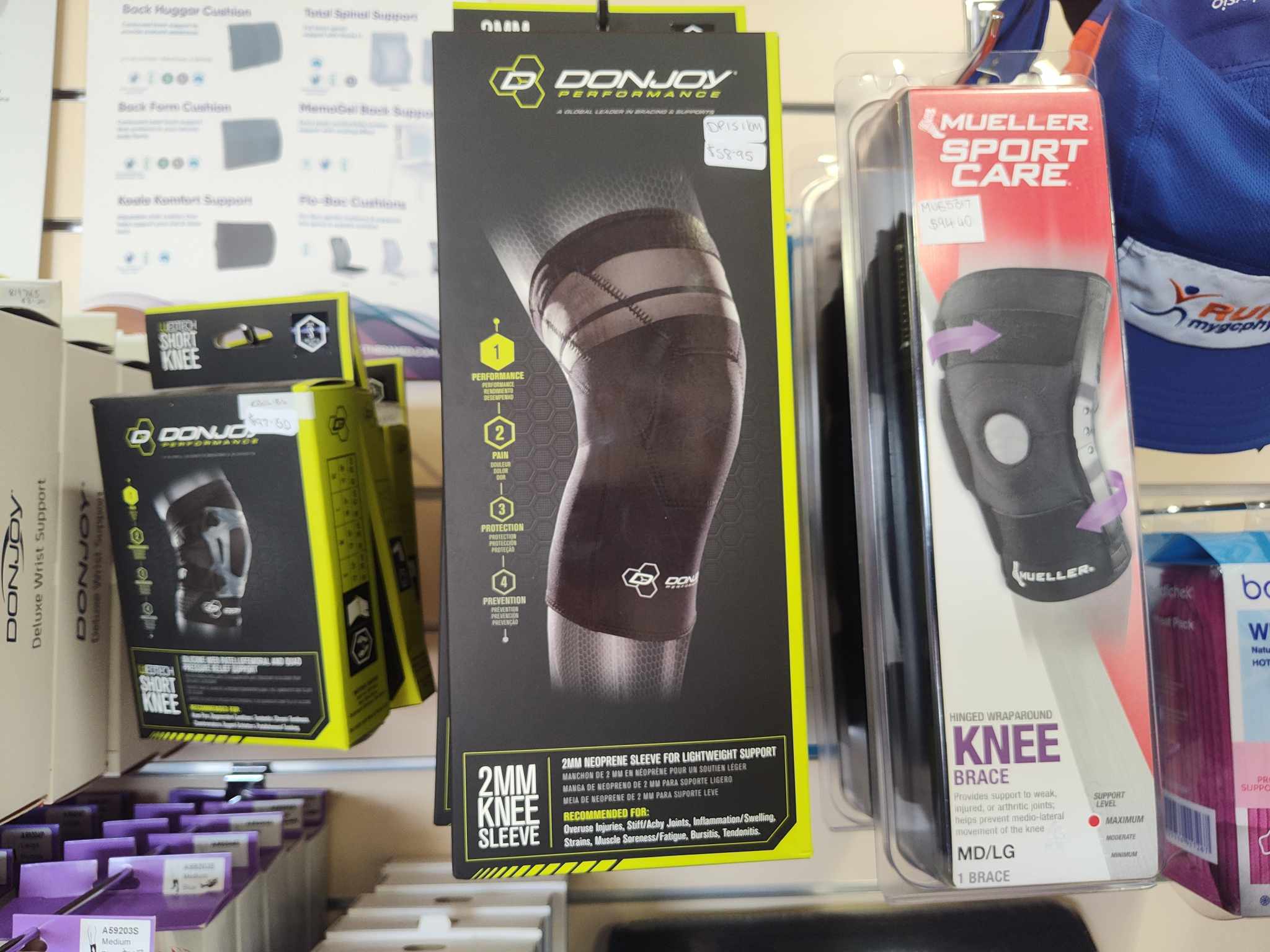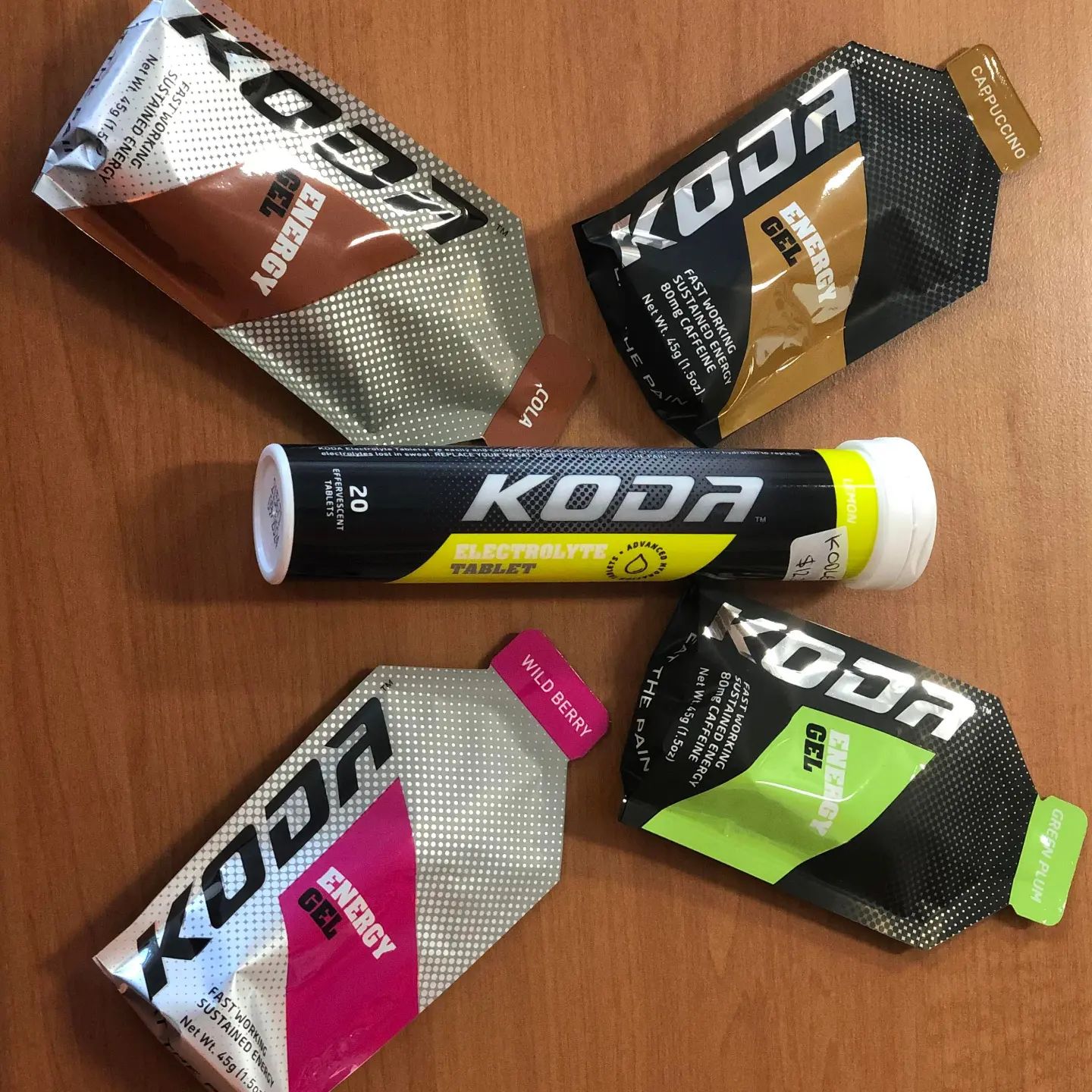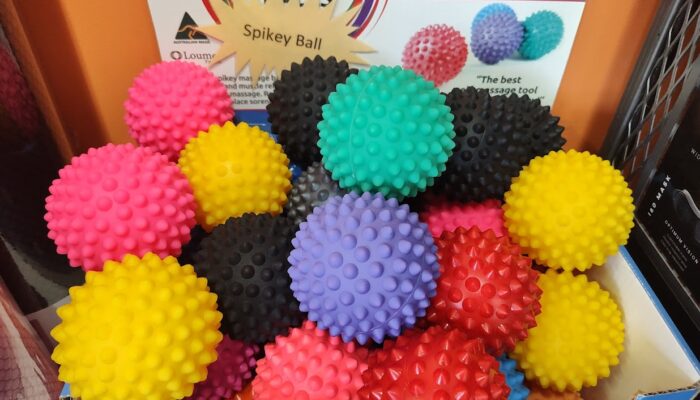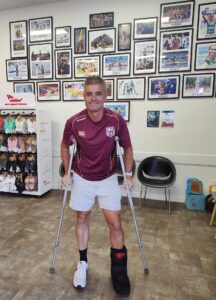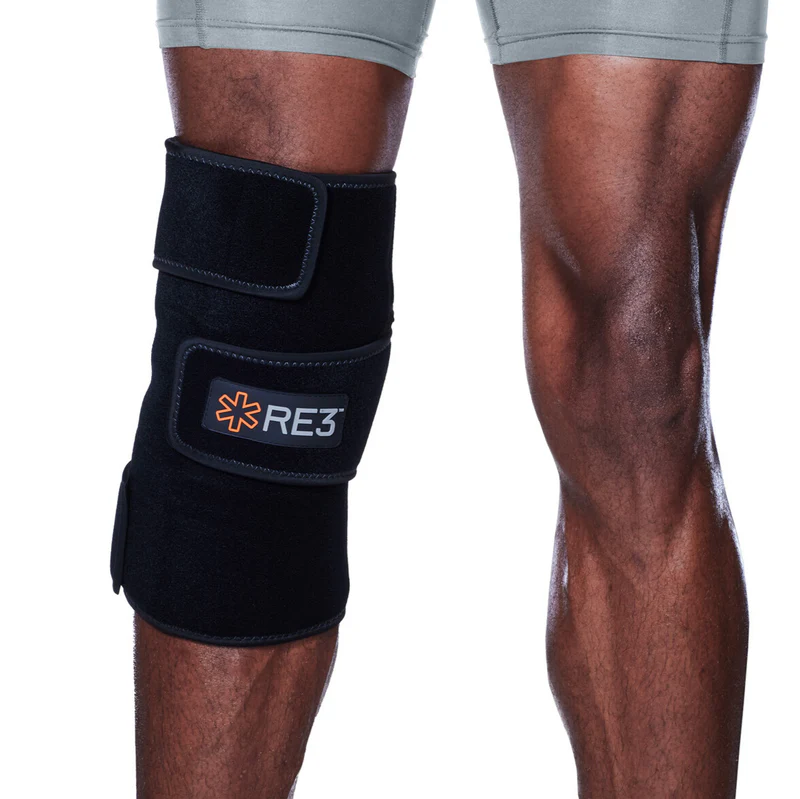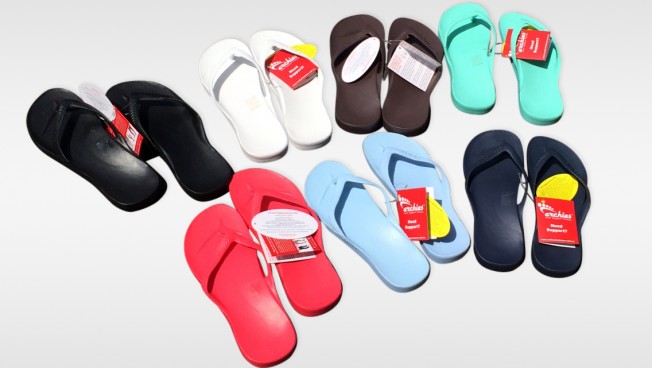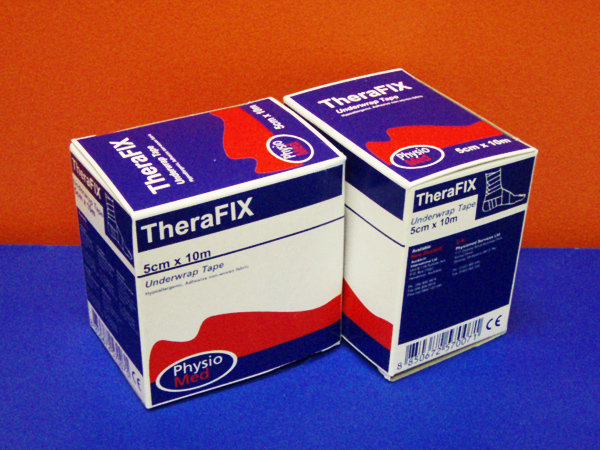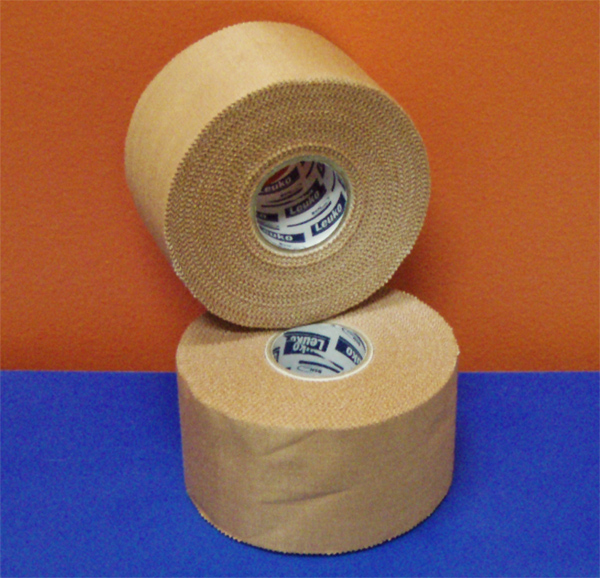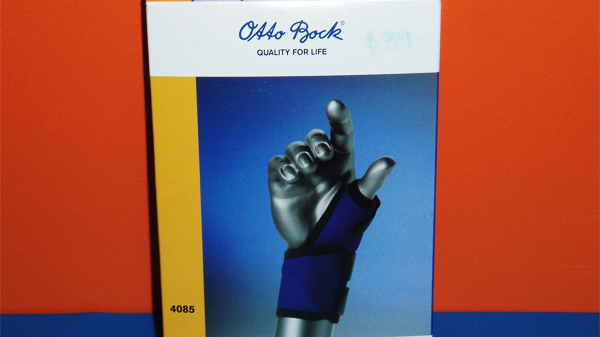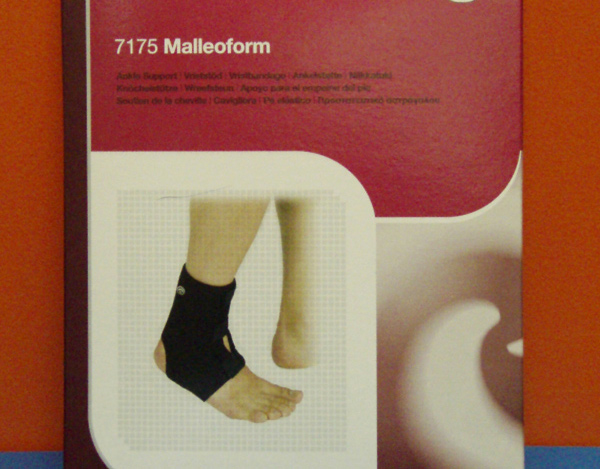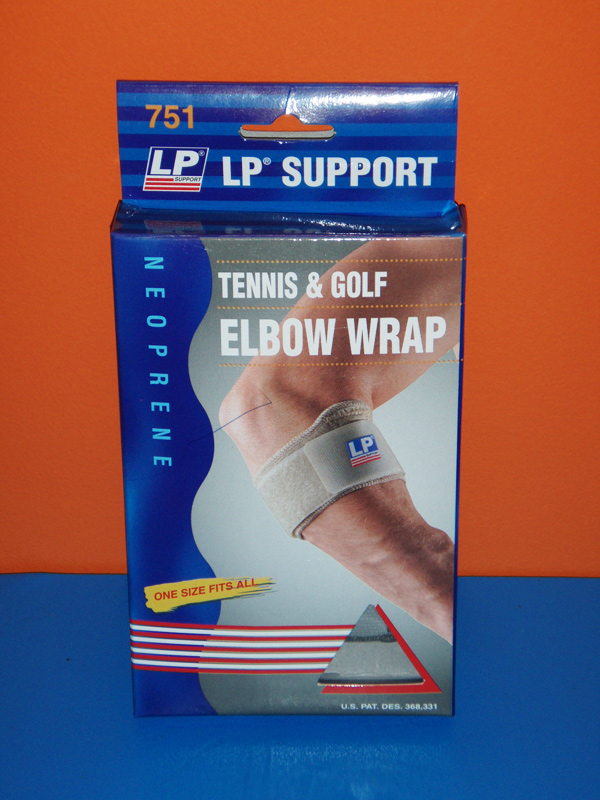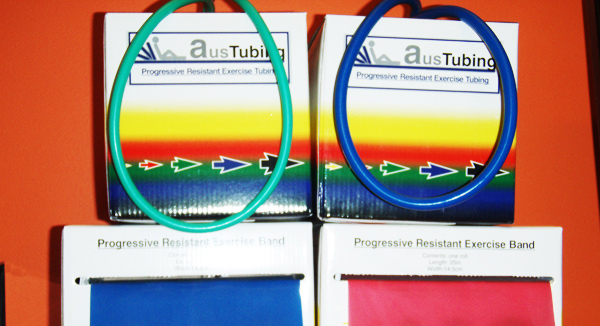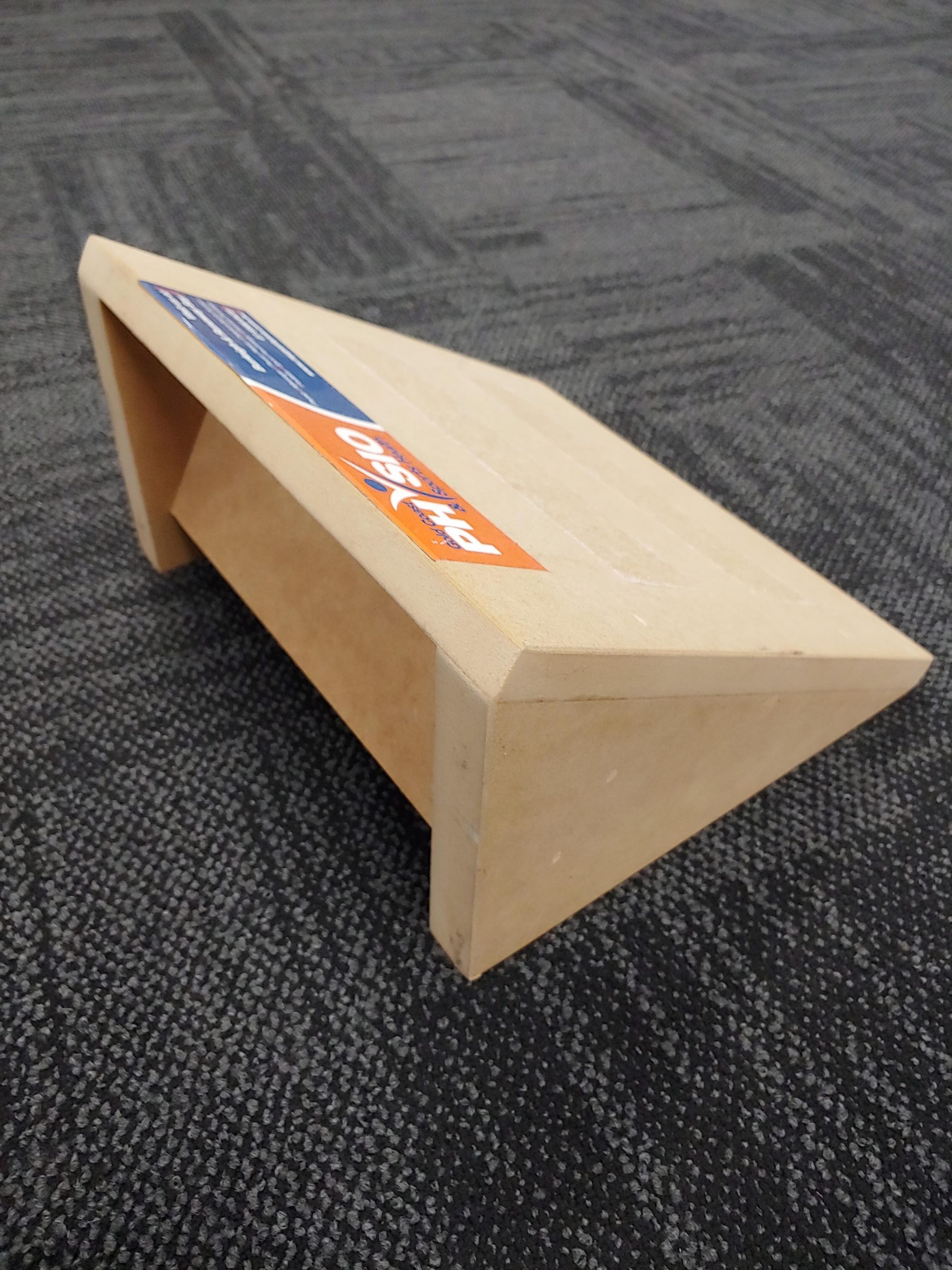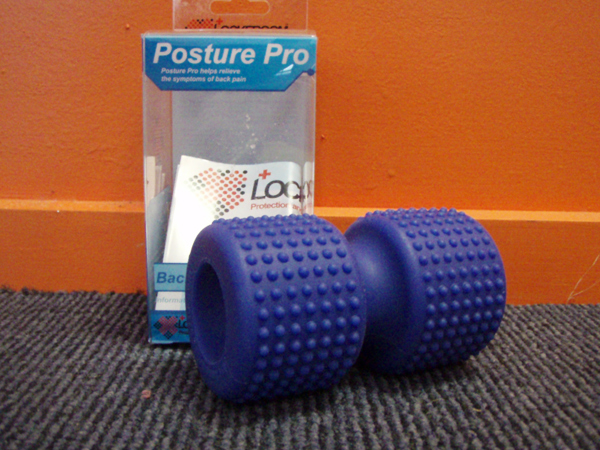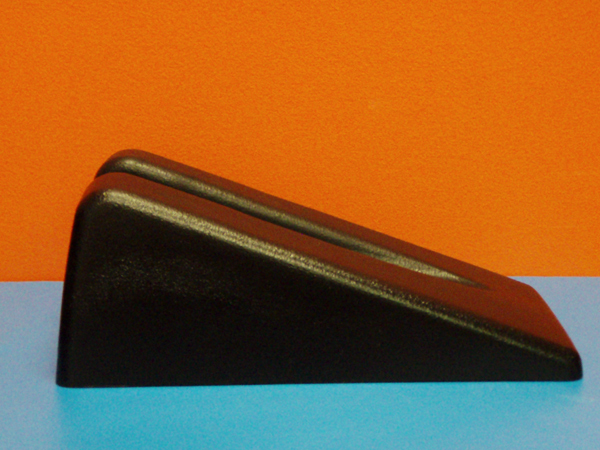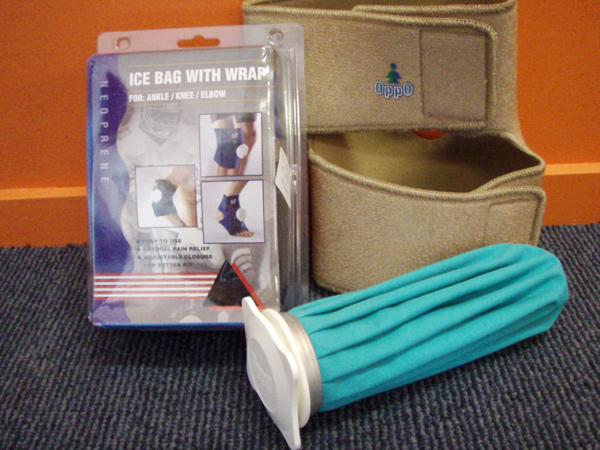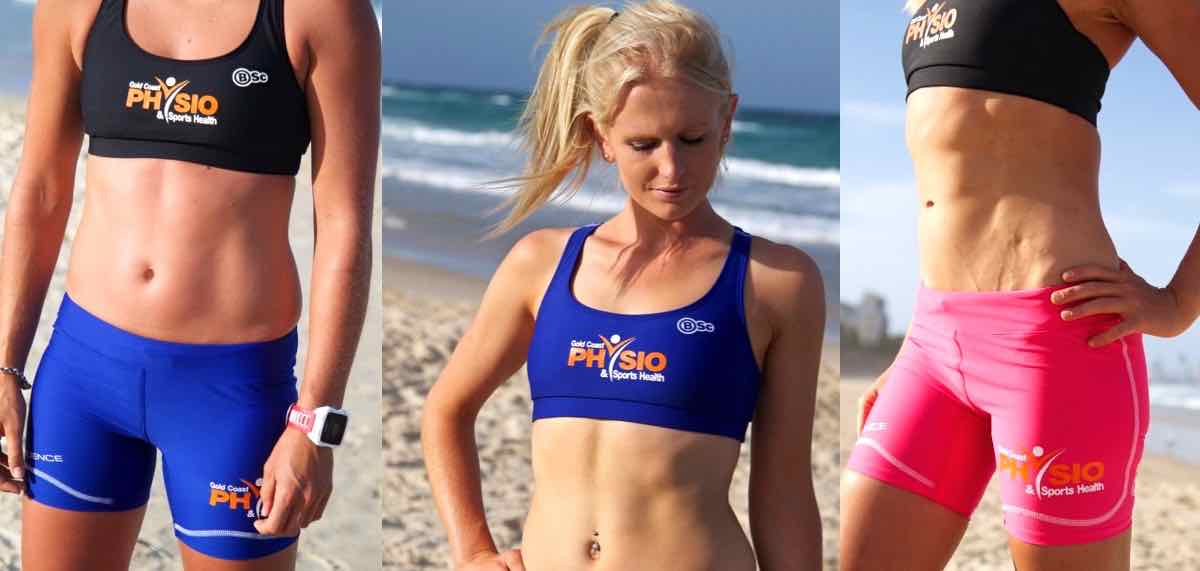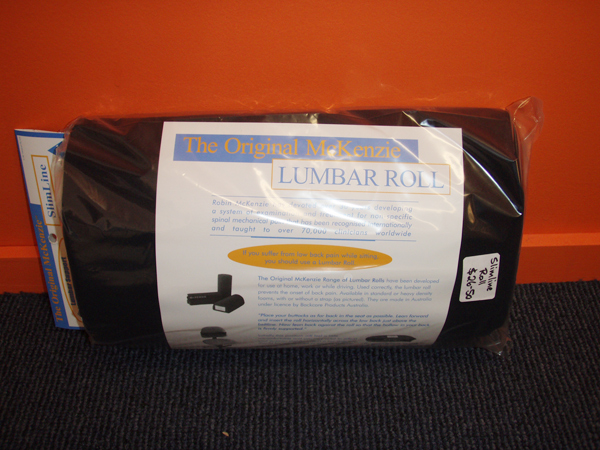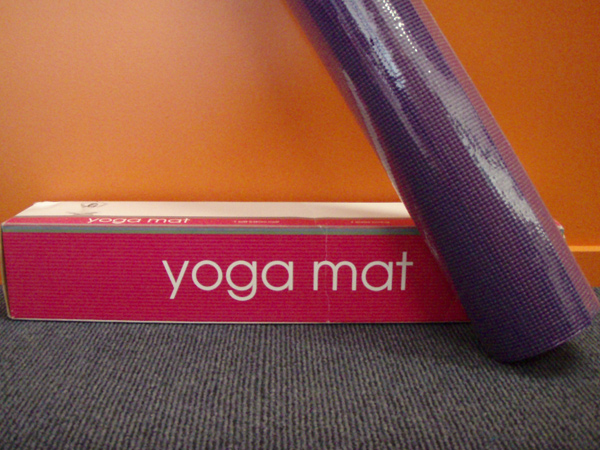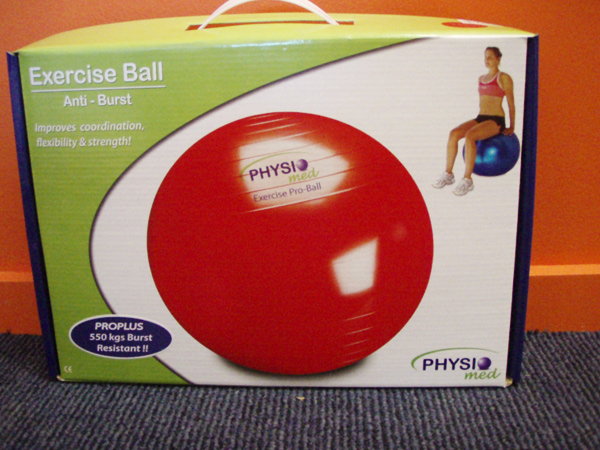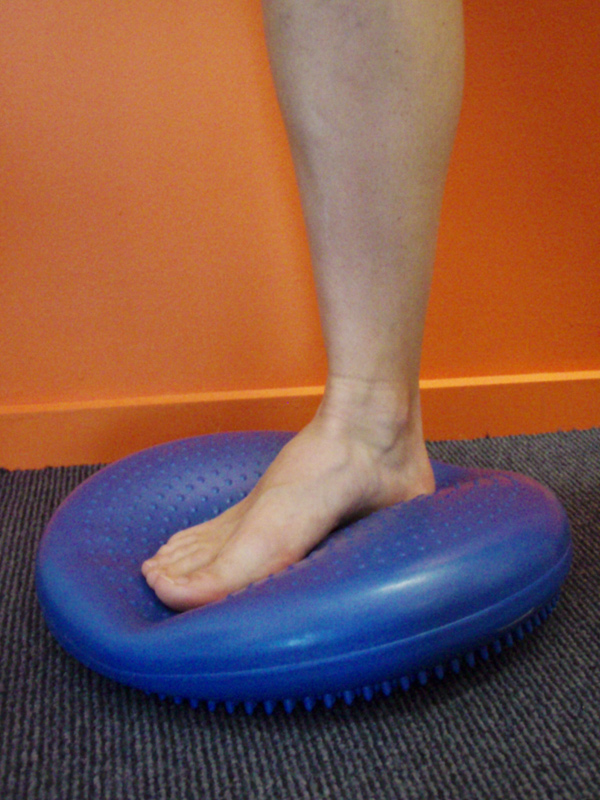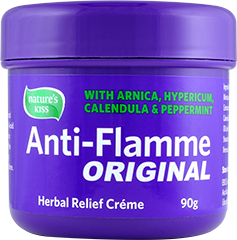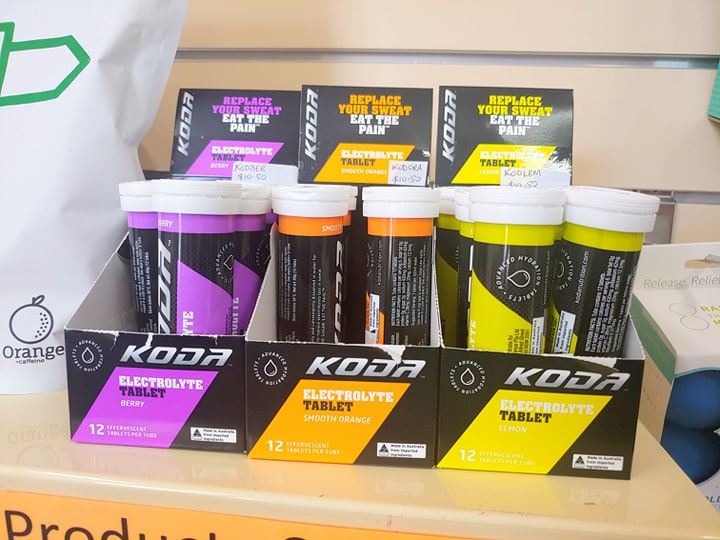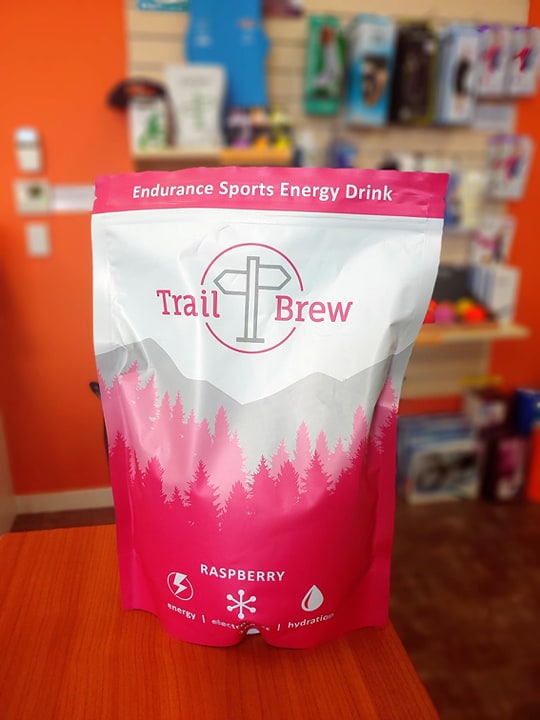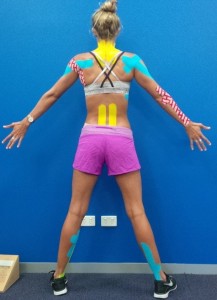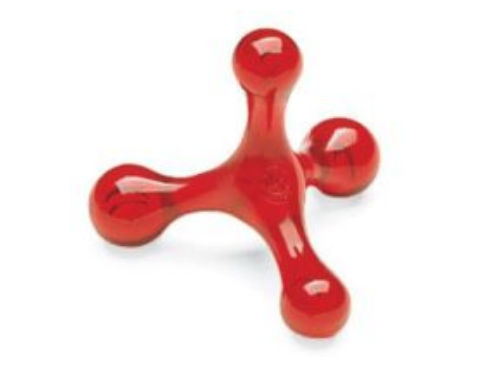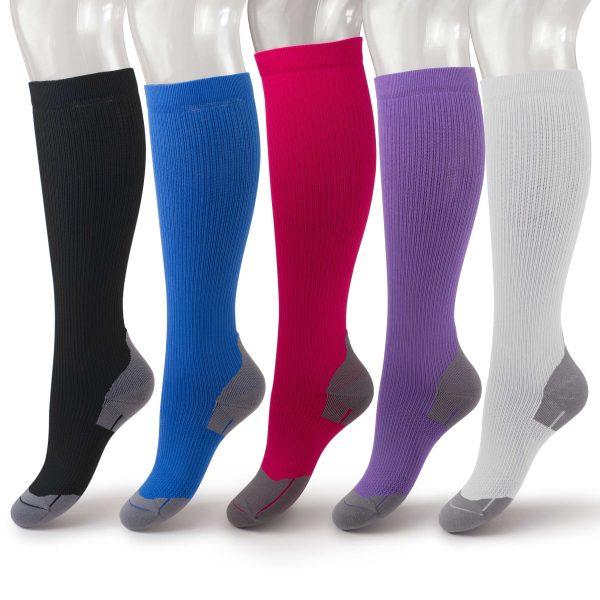In this article, Accredited Sports Dietitian Elle Leahy explains the importance nutrition plays in the role of managing bone injuries to enhance your recovery, manage body composition through rest and prevent recurrent injuries.
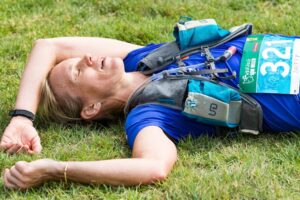 Unfortunately, a lot of athletes are sidelined through seasons due to not matching the high demands of training to the high demands of nutrition. You certainly can’t drive on an empty tank, so the same goes for the fuel in your own body. This article will emphasise the importance of having higher energy availability, particular micro and macronutrients to prevent bone injuries, and to collaborate with a team to manage long-term prevention.
Unfortunately, a lot of athletes are sidelined through seasons due to not matching the high demands of training to the high demands of nutrition. You certainly can’t drive on an empty tank, so the same goes for the fuel in your own body. This article will emphasise the importance of having higher energy availability, particular micro and macronutrients to prevent bone injuries, and to collaborate with a team to manage long-term prevention.
Low calorie diets, which lead to having low energy availability to train, race and recover well as an athlete are correlated with an increased risk of bone injuries. This is because when the amount of energy spent on exercise exceeds the amount of energy taken in through food and drink, causes changes to the hormone system and reduces bone turnover.
Some of the most important micro and macronutrients athletes need are:
- Protein – about half of your bone structure is made from protein. When you have a fracture, your body needs to build new bone to repair. Protein sources are meat, dairy, soy products, nuts and seeds, grains, and legumes. It is also important to meet your protein needs through injury to minimise muscle loss.
- Carbohydrates – the main energy source of most sports, contributing approximately ~50-70% overall energy intake to reduce ‘going into the red’, ‘bonking’ and ‘hitting the wall’. Carbs are just as important to consume when you are injured and will contribute to higher energy availability and quicker recovery.
- Iron – helps your body to make collagen and build up bone. It also plays a role in supplying enough oxygen and blood into your bones during injury and rehab. For women, iron is specifically important in preventing Hypothalamic Amenorrhoea (irregular or loss of menstrual cycles). Meat and animal products (haem iron) is better absorbed then vegetarian sources, so vegetarian and vegan athletes usually have to supplement with iron and/or vitamin B12.
- Calcium – a major bone forming mineral. The absorption of calcium decreases with age, increasing the risk of bone injuries. Calcium levels can be met through food like dairy products, dark leafy greens, bones in fish and fortified grains and cereal, or supplementation may be recommended.
- Vitamin D – is required to enhance the absorption of calcium in your bones. Vitamin D is mostly obtained through sunlight so individuals who work inside or train before or after hours, may be deficient and require supplementation. Small quantities can be found in mushrooms, oily fish and dairy.
- Magnesium – more than half of the body’s store of magnesium is in the bone. Magnesium deficiency affects sleep, muscle recovery, and contributes directly to poor bone health by impacting Vitamin D and calcium synthesis.
- Potassium – helps with muscle soreness and bone formation. Potassium-rich foods are bananas, avocados, green vegetables, seeds and potatoes.
- Vitamin K – the proteins that help repair and rebuild bone tissue all require Vitamin K and it’s also important for blood coagulation to prevent blood loss and bruising. Vitamin K foods are most green leafy vegetables and some plant oils.
- Vitamin C and collagen – collagen is a protein that is a building block for muscle, bone and connective tissue formation. A lack of vitamin C can lead to increased bone pain, decreased immunity, and reduced collagen synthesis. Research has shown consuming hydrolysed collagen and Vitamin C prior to rehab can help stimulate bone formation.
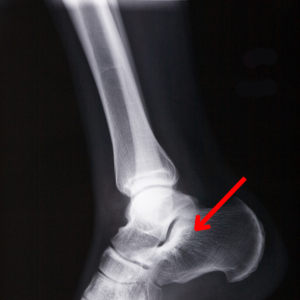 Bone injuries require the collaboration of a skilled team. This includes; a Physiotherapist, Sports Dietitian, Sports Doctor and sometimes a Podiatrist and Psychologist in order to facilitate the return to exercise and long-term prevention, especially if you are experiencing injuries at a young age.
Bone injuries require the collaboration of a skilled team. This includes; a Physiotherapist, Sports Dietitian, Sports Doctor and sometimes a Podiatrist and Psychologist in order to facilitate the return to exercise and long-term prevention, especially if you are experiencing injuries at a young age.
Elle is here to help if you are undergoing injury to best support your return to exercise. Reach out today on (07) 5500 6470, book online or email elle.leahy@outlook.com to have an in-person or telehealth appointment to help get you back to doing what you love.
Written by Elle Leahy Accredited Sports Dietitian from Ellevate Dietetics.

